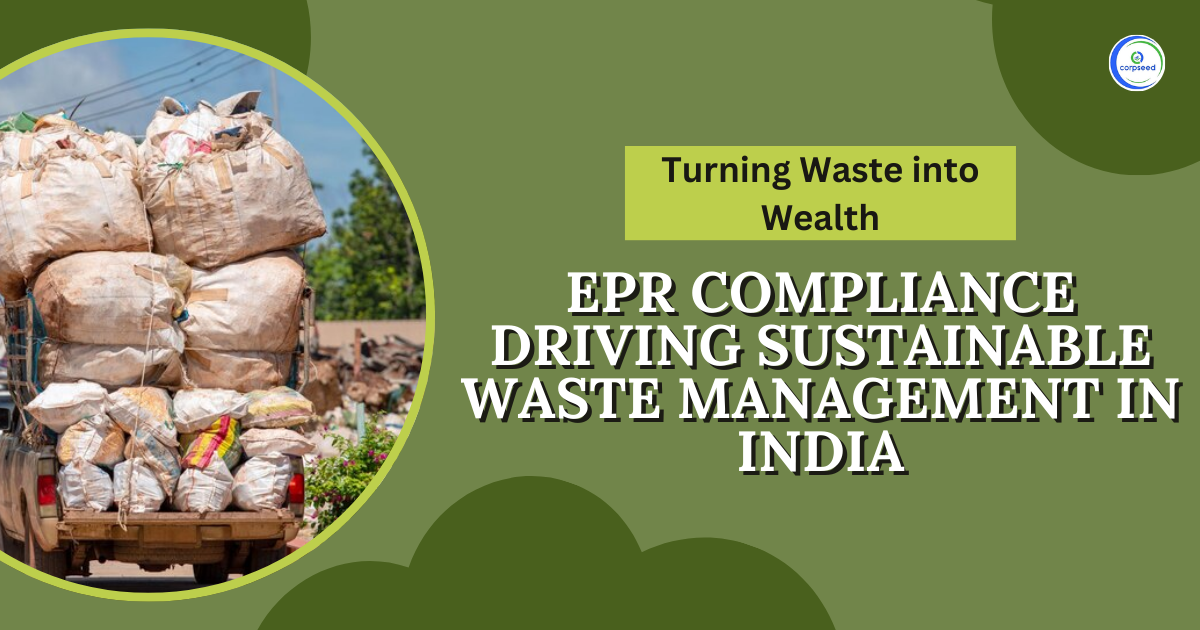An Extended Producer Responsibility (EPR) Certificate for rubber goggles ensures that the producers and importers of the product take full responsibility for the post-life management of waste emanating from their product by safe disposal, recycling, or reusing the rubber goggles. It is one of the legislations of India towards pollution reduction and sustainability. In this way, eco-friendly practices are encouraged during production, use, and disposal.
What is the EPR (Extended Producer Responsibility) Certificate for rubber goggles?
An EPR Certificate for rubber goggles is an important legal requirement under India's environmental regulations. The producers, importers, and brand owners are expected to take care of the waste emanating from their products. This would include proper disposal, recycling, or reuse of rubber goggles in situations where they have outlived their life cycles. The major objective is to reduce this environmental impact by preventing rubber waste from reaching landfills.
In order to obtain an EPR certificate, the firm needs to come up with a waste management plan. Additionally, it should observe directives that ensure proper waste collection, recycling, and disposal. The certificate promotes natural environment practices that handle rubber goggles in a safe manner. Failure to meet these requirements may result in fines. The firms are compelled to act per the provisions to ensure environmental protection.
Table of Contents
- What is the EPR (Extended Producer Responsibility) Certificate for rubber goggles?
- Key Components of the EPR Certificate for rubber goggles
- Benefits of the EPR Certificate for rubber goggles
- Applicability of the EPR Certificate for rubber goggles
- Implication for the Manufacturer and Importer
- Barriers to EPR Implementation for Rubber Goggles
- Conclusion
--------------Blog Contact Form-------------
Key Components of the EPR Certificate for rubber goggles
- Producer Responsibility: The producers, and in particular importers, should take care of the whole lifecycle concerning the disposal of rubber goggles.
- Waste Management Plan: Develop a plan that is detailed, outlining how it will collect, recycle, and dispose of rubber goggles.
- Standards for Compliance: The plan should meet specific standards on waste collection and recycling as outlined by the environmental authority.
- Reporting Requirements: The companies must report their waste management activities regularly to show compliance.
- Awareness Programs: Producers of rubber goggles are directed to educate their consumers regarding responsible disposal and recycling.
- Audits and Monitoring: Compliance audits shall be carried out from time to time to ensure that EPR rules have been complied with.
- Penalty for Non-Compliance: Businesses will be penalized if they do not comply with EPR norms.
- Partnership with Waste Management Stations: Recycling and waste management businesses need to work with the production businesses to identify suitable disposal.
Benefits of the EPR Certificate for rubber goggles
- Environmental Protection: With reduced landfill waste, EPR ensures a cleaner environment.
- Resource Conservation: The promotion of recycling and reuse of resources saves valuable, scarce, and expensive resources from waste and diminishes the exploitation of new raw materials.
- Sustainable Practice: It encourages manufacturers to adopt environmentally responsible production and waste handling practices.
- Brand Enhancement: Companies with an EPR certificate will be viewed as socially responsible businesses towards their environmental conservation in the eyes of eco-conscious consumers.
- Compliance: The EPR certificate ensures environmental regulation compliance, thus averting probable penalties.
- Competitive Advantage: Sustainable practices put the business in a competitive position compared to other companies in the market.
- Consumer Awareness: The EPR initiatives increase awareness and education at the consumer end about the proper disposal and recycling of rubber goggles
- Innovation: EPR inspires innovations in developing new products along with improvement of the materials also
- Employment Generation: New employment opportunities are generated in the recycling and waste management sectors.
Read Our Blog: How to Obtain an EPR Certificate for Import in India
Applicability of the EPR Certificate for rubber goggles
The EPR certificate applies to:
- Manufacturers: Firms that manufacture rubber goggles must get accreditation for the purpose of ensuring their firm complies with environmental requirements.
- Importers: The importers of rubber goggles in India will also be required to take an EPR certificate.
Implication for the Manufacturer and Importer
Legally Compliance
The Rubber goggles manufacturers and importers must gain an EPR certificate. This certificate is mandatory in India. The producers are facing severe legal issues in case of non-compliance with these rules. Non-compliance may lead to fines and penalties for the company as well.
Market Access
Having an EPR certificate increases the market credibility of a firm. It also reflects that the manufacturer took proper care towards sustainability. This care may increase the brand reputation by giving it a raise. It also takes care of the loyalty of customers. Customers are more likely to trust a brand that supports environmental responsibility.
Environmental Impact
This would improve the environment. A manufacturer has the responsibility and crucial role in making society live sustainably. The firm can reduce the plastic waste that the rubber goggles contribute to. This means improvement in recycling processes. In this way, they contribute to a clean and healthy planet. On a general scale, compliance leads to positive environmental outcomes.
Read Our Blog: What is an EPR Certificate?
Barriers to EPR Implementation for Rubber Goggles
EPR for rubber goggles exists but in the most laborious manner especially among smaller organizations. Some of the issues related to the establishment of an EPR for rubber goggles include:
- Mechanism for Collection Setup: Establishing an effective mechanism to collect post-consumer rubber goggles requires planning and investment in logistics.
- Cost of Recycling: The recycling of rubber is relatively expensive and tedious compared to recycling metals or plastics. One needs affordable and accredited recycling partners.
- Consumer Involvement: It is perhaps difficult to encourage individuals to return rubber goggles for recycling. Public awareness initiatives and take-back incentives are hence part of the necessary steps toward increasing participation.
- Compliance with Statutes and Regulations: Be aware that EPR can be challenging when it comes to regulatory compliance as it is conducted by a company operating in different states with separate rules.
Conclusion
EPR certification for rubber goggles would be instrumental both to the manufacturers and the importers. It ensures compliance with environmental and related laws and encourages sustainable practices. It fosters responsible waste management and enhances the brand image of a respective company. This also helps in conserving the environment. However, despite the challenges that arise during its implementation, EPR offers several advantages for rubber goggles beyond the mere fact that it helps ensure compliance with the law. More importantly, it offers competitive advantages and inspires innovation in recycling. It helps in embracing EPR, which contributes to a cleaner and healthier planet. Moreover, it is a point of commitment towards corporate social responsibility.
This portion of the site is for informational purposes only. The content is not legal advice. The statements and opinions are the expression of author, not corpseed, and have not been evaluated by corpseed for accuracy, completeness, or changes in the law.
BOOK A FREE CONSULTATION
Get help from an experienced legal adviser. Schedule your consultation at a time that works for you and it's absolutely FREE.


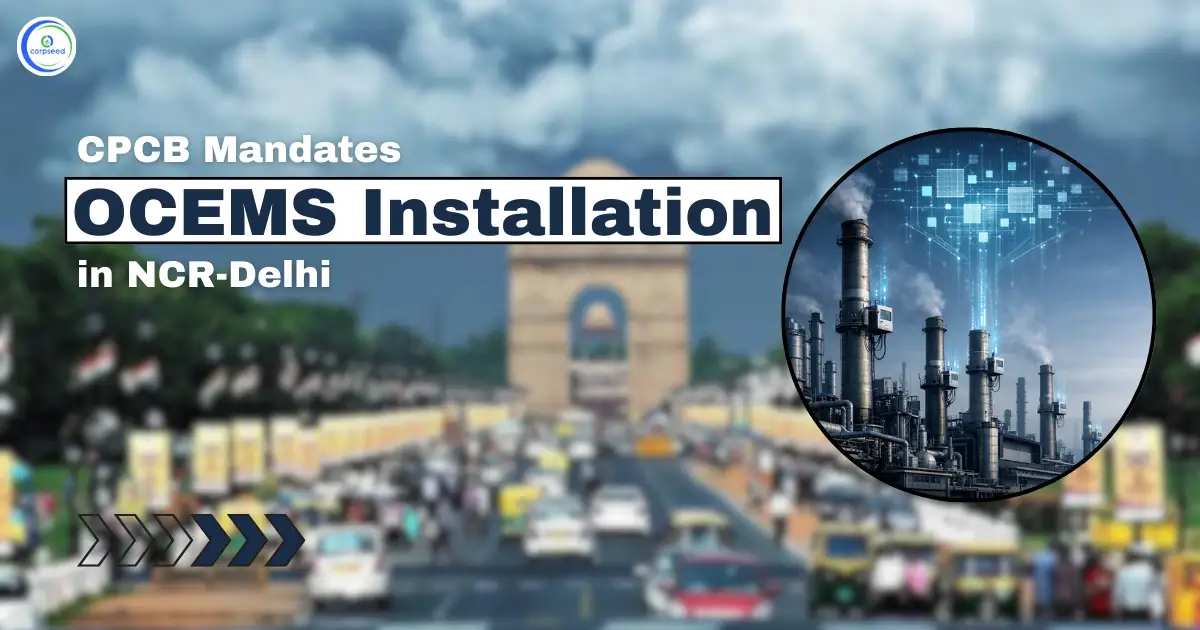
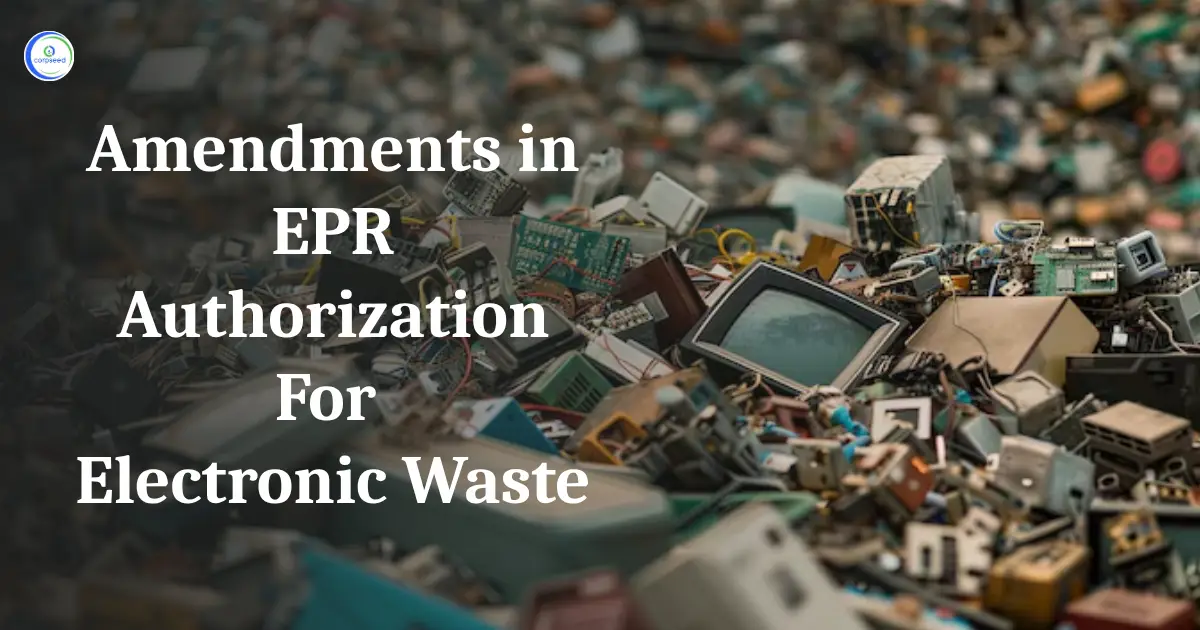
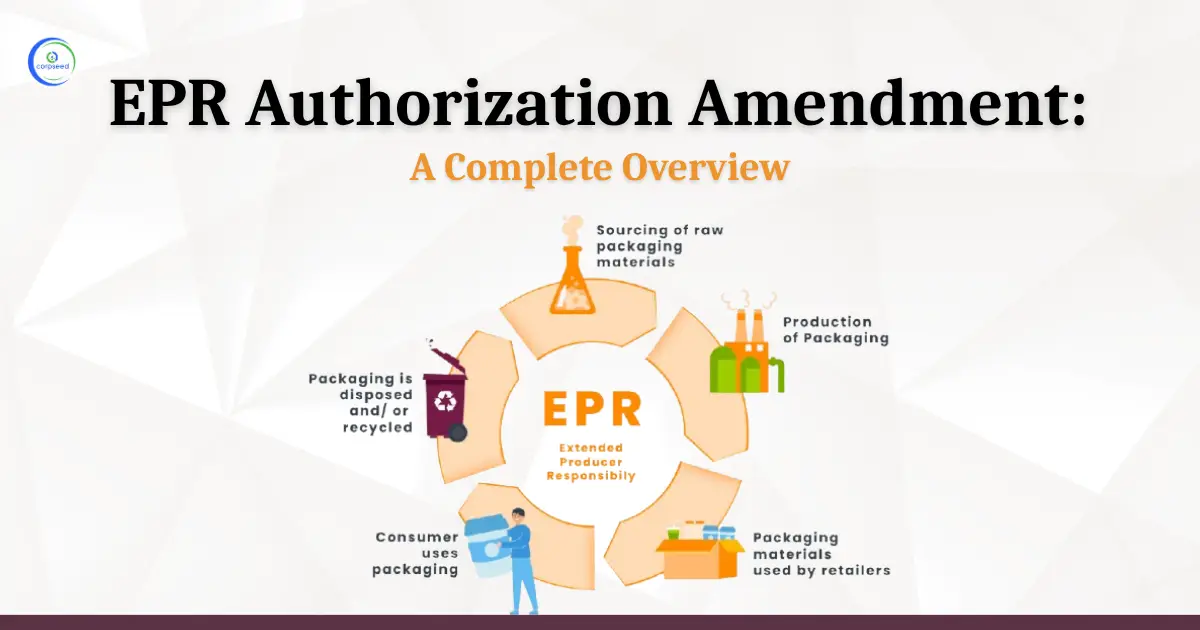
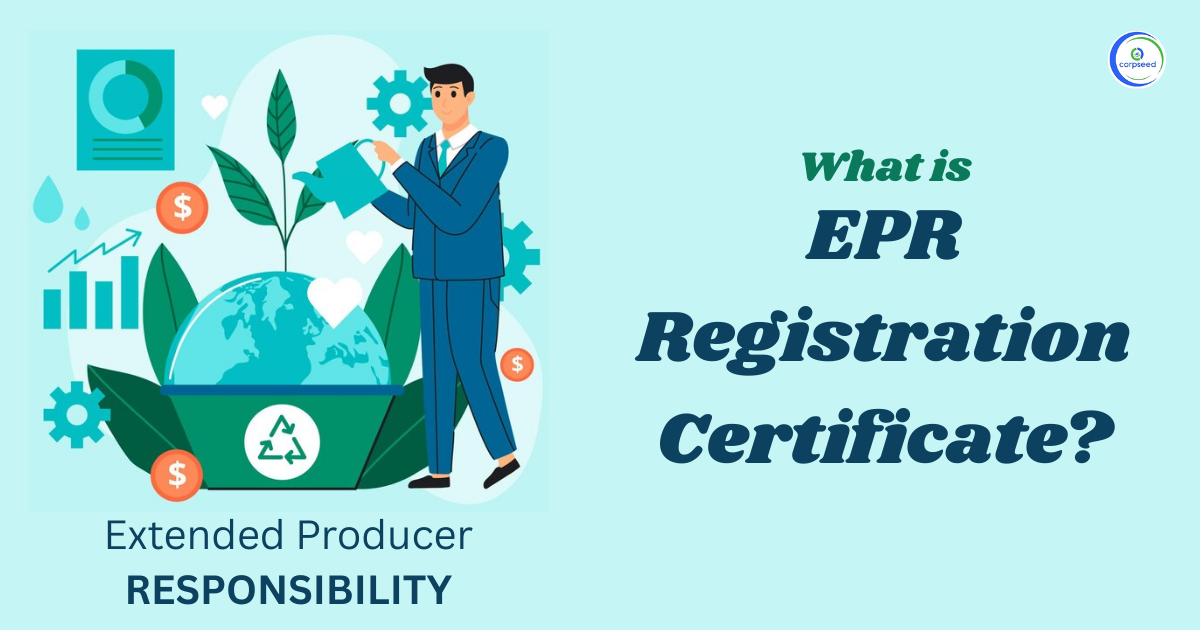
.webp)
